Estate planning for retirement: securing your golden years is a cornerstone of retirement planning, particularly in Texas. It’s about safeguarding your future. This process includes drafting legal documents to protect your assets and wishes. Essential elements are wills, trusts, and healthcare directives, ensuring your legacy is honored.
Imagine
Sipping a cold lemonade on a sunny Texas porch in your golden years, without a care in the world. Sounds perfect, right? But wait, there’s a hitch in this idyllic scene if you haven’t tackled the beast known as estate planning. Picture this: you’ve worked hard all your life, and now it’s time to ensure your retirement is as smooth as that lemonade. That’s where estate planning comes into play, a hero in disguise, ready to secure your golden years against any unforeseen bumps.
Why keep reading about estate planning for retirement: securing your golden years?
Because we’re about to embark on a journey through the wilds of wills, the terrain of trusts, and the forest of financial directives—all with a Texas twist. Whether you’re a seasoned planner or new to the game, this article is your treasure map to protecting your assets, minimizing taxes, and ensuring your healthcare wishes are respected. And who knows, you might even find a few gold nuggets of wisdom to pass along to your heirs. So, grab your hat, and let’s dive into the world of estate planning for retirement, where securing your golden years is not just a dream but a reality.
Understanding Estate Planning
Estate planning goes beyond simple will drafting. In Texas, it involves legal strategies to protect your estate. This includes laws specific to Texas, like community property rules. Understanding these nuances is critical for effective planning.

Setting Retirement Goals
Retirement goals shape your estate plan. It’s not just about asset distribution. It’s about securing your legacy and ensuring your end-of-life wishes are met. These goals guide the planning process, ensuring your retirement is secure.
Choosing the Right Estate Planning Tools
In Texas, wills and trusts serve different purposes. Wills provide clear instructions for asset distribution. Trusts offer more control and privacy. Texas law favors certain trusts for estate planning, offering tax advantages and asset protection.
| Estate Planning Tool | Purpose |
| Wills | Provide clear instructions for asset distribution after death. |
| Revocable Trusts | Offer control over assets while alive and ensure privacy after death. |
| Irrevocable Trusts | Protect assets from creditors and reduce estate taxes. |
| Special Needs Trusts | Provide for loved ones with disabilities without affecting their eligibility for government benefits. |
Tax Implications for Retirees
Tax planning is crucial for Texas retirees. Estate and inheritance taxes can erode your legacy. Texas does not impose its own estate tax, but federal taxes still apply. Planning strategies can minimize these taxes, maximizing your estate’s value.

Healthcare Decisions and Medical Directives
Texas law emphasizes advanced healthcare directives. These legal documents specify your healthcare wishes, including life-sustaining treatment decisions. They ensure your medical preferences are respected, even when you cannot communicate them.
Retirement Accounts and Beneficiary Designations
Retirement accounts, such as 401(k)s and IRAs, play a key role in Texas estate planning. Designating beneficiaries ensures these assets bypass probate, directly benefiting your loved ones. Texas law requires clear beneficiary designations to avoid legal complications.
Protecting Your Estate from Long-Term Care Costs
Long-term care costs can deplete your estate. In Texas, Medicaid planning and long-term care insurance are strategies to protect your assets. These plans ensure your estate remains intact for your heirs.
Estate Planning for Blended Families
Blended families face unique challenges in Texas. Estate planning ensures fair asset distribution among all family members. Texas law offers solutions, like QTIP trusts, to address these complexities, preventing disputes.
Digital Assets in Estate Planning
Digital assets are increasingly important. Texas law recognizes digital assets in estate planning. Including these assets ensures they are managed according to your wishes, covering everything from online accounts to digital currencies.

Estate Planning Mistakes to Avoid
Common mistakes can undermine your estate plan. In Texas, failing to update your estate plan is a significant risk. Overlooking small assets or ignoring state-specific laws can also cause problems. Awareness and regular reviews prevent these issues.
Role of Professionals in Estate Planning
In Texas, estate planning requires professional guidance. Attorneys, financial advisors, and tax professionals provide invaluable assistance. Their expertise ensures your plan complies with Texas law, offering the best protection for your estate.
Charitable Giving and Legacy Planning
Charitable giving enriches your estate plan. Texas laws support charitable contributions in estate planning. This not only benefits society but also enhances your legacy, providing tax benefits and fulfilling philanthropic goals.
Estate Planning for Business Owners
Texas business owners must consider succession planning. This ensures the business thrives beyond your tenure. Buy-sell agreements and business trusts are tools to protect your business assets, critical for your estate’s value.

Estate Planning and Life Insurance
Life insurance is a strategic tool in estate planning. In Texas, it can provide liquidity for estate taxes and support for dependents. Properly structured policies ensure your estate’s assets are preserved, offering financial security to your heirs.
Educating Heirs and Family Communication
Open communication is essential in estate planning. Educating heirs about their future roles prevents misunderstandings. In Texas, family meetings can facilitate this process, ensuring a smooth transition and safeguarding your estate’s future.
Estate Planning for Retirement: Securing Your Golden Years
Estate planning for retirement is about more than drafting documents. It’s a comprehensive strategy to secure your golden years. In Texas, understanding state-specific laws and utilizing the right legal tools are key. With professional guidance, your estate plan can protect your assets, fulfill your healthcare wishes, and ensure your legacy is honored. This careful planning provides peace of mind for you and your loved ones, making your retirement truly secure.
And there you have it, folks!
Just like finding the last piece of a puzzle, we’ve pieced together the tapestry of estate planning. It’s like ensuring your garden continues to flourish, even when you’re not there to water it. By now, you should feel like a knight ready to conquer the dragon of uncertainty, armed with wills, trusts, and healthcare directives as your trusty sword and shield.
Why should you keep this guide handy?
Because life, especially in Texas, is as unpredictable as the weather. One day it’s sunny, and the next, you’re caught in a surprise rain shower. Estate planning is your umbrella, ensuring you stay dry and comfortable, no matter what comes your way. So, as we tip our hats and ride into the sunset of this article, remember: estate planning for retirement: securing your golden years isn’t just a wise move. It’s a necessary adventure. And who doesn’t love a good adventure? Especially one that promises peace of mind and a legacy as enduring as the Lone Star State itself. Keep this guide close, and you’ll be sipping that lemonade on your porch, worry-free, watching as your well-laid plans unfold just as you imagined.

Other Related Articles:
- Divorce and Retirement in Texas: Navigating Legal and Financial Terrain
- Estate Planning For Texas Ranch Owners: How To Protect Your Property and Legacy
- Retirement, Divorce, and Social Security: A Roadmap for Late-Life Transitions
- How Much of My Retirement is My Spouse Entitled To?
- If child support arrearages are pulled out of a retirement account via a QDRO will I be taxed on that money?
- Splitting a Texas State Employee’s Retirement Account
- Retirement Plan Division – The Details
- Dividing Retirement Benefits Upon Divorce
- Essential Knowledge for Retirement Savings in Your Post-divorce Life
- Estate Planning For Texas Entrepreneurs: Protecting Your Business and Personal Assets
Frequently Asked Questions:
.dropdown { cursor: pointer; } .dropdown-content { display: none; margin-left: 20px; } .dropdown:hover .dropdown-content { display: block; }What is the golden rule of retirement planning?
Ensure you have a diversified portfolio and a solid plan for income that covers your expenses and lifestyle needs.
What are the three biggest pitfalls to retirement planning?
Underestimating healthcare costs, neglecting to plan for inflation, and failing to adjust your investment strategy over time.
How do I plan a secure retirement?
Start saving early, invest wisely, consider future healthcare needs, and consult with a financial advisor to tailor a plan to your goals.
Why should you be concerned with retirement and estate planning?
Retirement and estate planning ensure that your assets are protected and your financial wishes are fulfilled, providing peace of mind for you and your loved ones.








